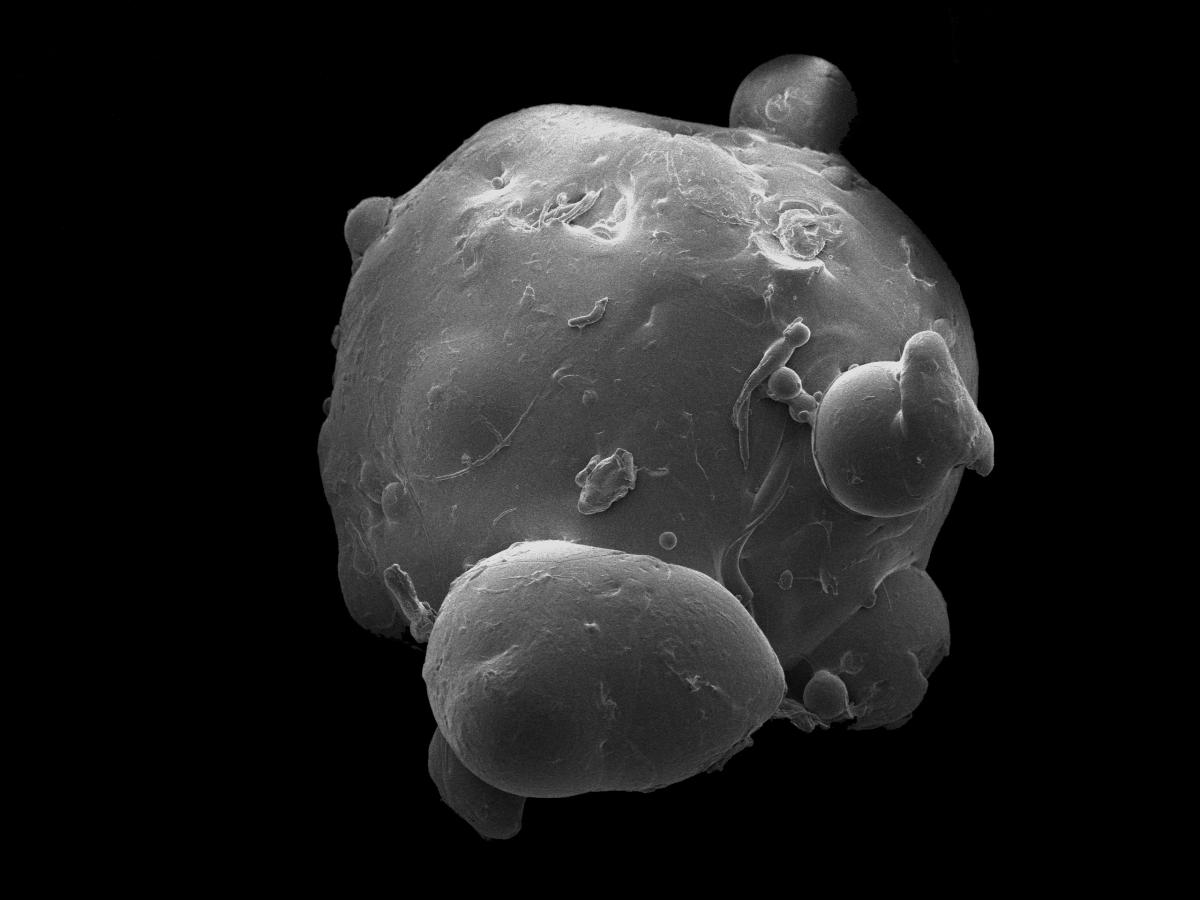Tracking conflict minerals, action on microbeads, Cuba's drive for renewables and Thai trafficker's 35-year sentence
Conflict mineral rules not working
Companies are struggling to track conflict minerals in their supply chains, the United States Government Accountability Office (GAO) has found. Under US Securities and Exchange Commission rules adopted in 2012, companies must report if products – such as consumer electronics – use gold, tin, tantalum or tungsten from the Democratic Republic of Congo and surrounding areas. A GAO report said that in 2015, 67% of companies that reported the presence or likely presence of conflict minerals were unable to pin down exactly where they came from, while 97% “could not determine whether the conflict minerals financed or benefited armed groups”. Identifying the source of minerals is hampered by faked certification, uncertainty about the accuracy of audits and “multiple levels of processing” of minerals, bringing into question the value of the conflict minerals rules, the GAO noted.
Countries move to ban microbeads
An international consensus is forming that plastic microbeads in shower gels and face scrubs need to go the way of leaded petrol and the pesticide DDT, because of their damaging environmental impact. A US ban will start to take effect from mid-2017, and the British government said at the start of September that microbeads will be prohibited from sale from the end of 2017. Australia has proposed a phase-out by mid-2018, and a European Union ban has been mooted. Microbeads are typically flushed down the drain and ultimately into the aquatic environment, where they are ingested by marine creatures and enter the food chain, though no negative human health effect has so far been proved. Green groups have welcomed regulation to ban the beads, but companies say they are phasing them out already.

Cuba seeks renewables investment
Cuba is actively seeking major investment in renewables as its main energy source, cheap oil from Venezuela, dries up. Oil, gas and diesel provides 95% of Cuba's electricity, which worked fine under a deal agreed with Venezuela's late president Hugo Chavez, who provided oil in exchange for Cuban medical staff and military advice. But with Venezuela imploding, Cuba fears it will be left without power, and so is looking to biomass, solar and wind instead. The island nation, which staged a first international energy summit at the start of September, wants renewables to provide a quarter of its electricity by 2030, compared to 4% now. To reach the goal, Cuba has said it will allow foreign companies to benefit more from renewables investments.

Thai court makes example of trafficker
A Thai court sought at the end of August to tackle exploitation by handing down an exemplary 35-year jail term to a trafficker who smuggled ethnic Rohingya over the border from Myanmar. The arrest of the trafficker, Sunand Saengthong, in January 2015, along with nearly 100 emaciated migrants, led to a wide-ranging investigation that uncovered mass graves in the jungle and smuggling networks. The Rohingya, who are persecuted in Myanmar, typically transit through Thailand in an attempt to reach Malaysia, where they can end up working illegally in the supply chains of Western companies. Saengthong's trial was seen as a test case and his sentence was “more than we had expected”, one human rights lawyer said.


